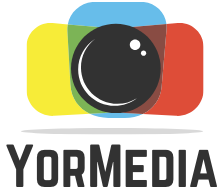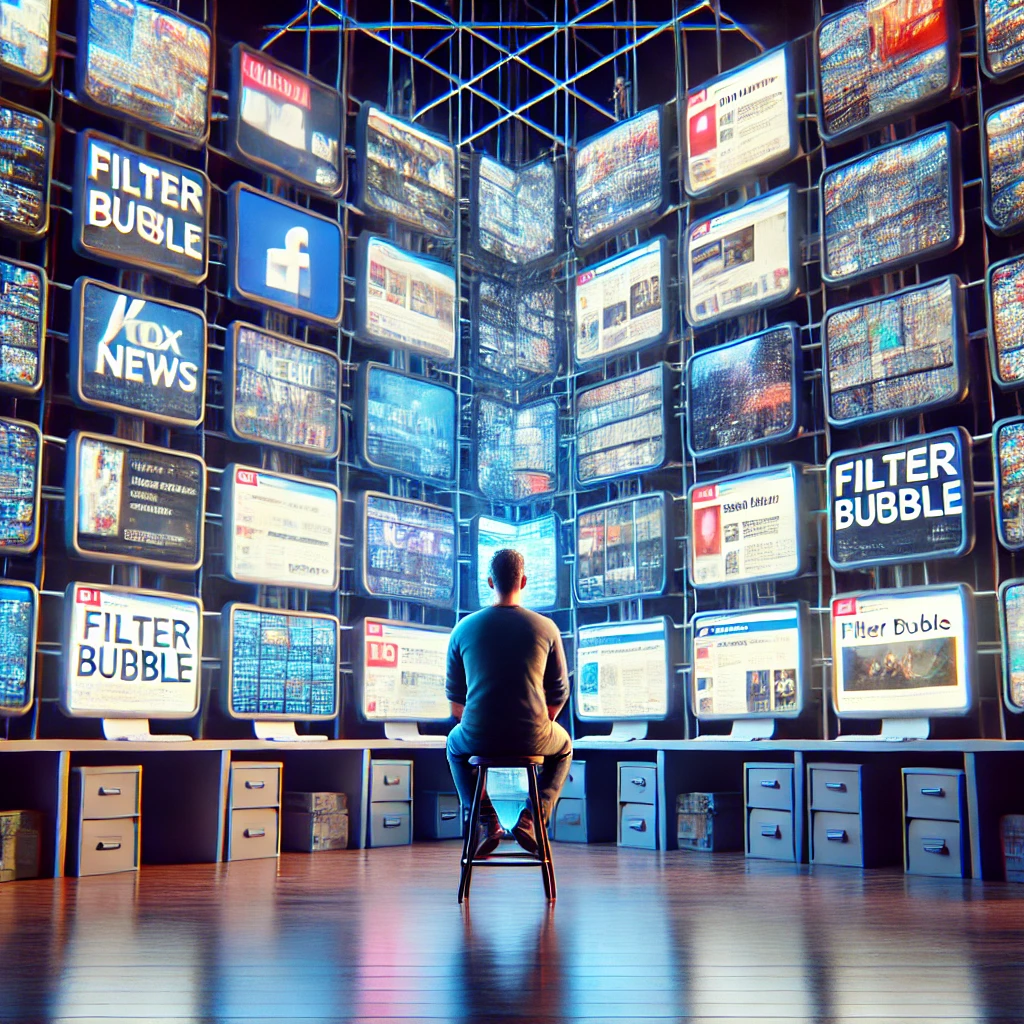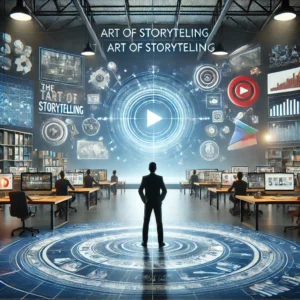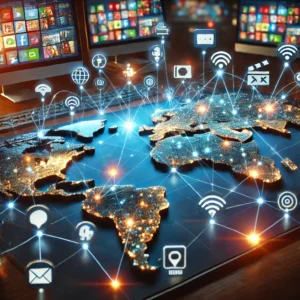We live in a world where algorithms play an increasingly significant role in shaping our experiences, particularly when it comes to the media we consume. These complex sets of rules, designed to personalize our online interactions, are the invisible hand guiding what we see on social media, the news articles recommended to us, and even the products advertised to our feeds. While personalization can be convenient, it also raises a critical question: are algorithms trapping us in filter bubbles, limiting our exposure to diverse perspectives, and ultimately shaping a skewed perception of reality?
The Promise of Personalization: Tailoring the Digital Experience
On the surface, personalization seems like a win-win. Algorithms analyze our data – our browsing history, our likes, our interactions – to curate a media experience that is tailored to our individual interests. This can be incredibly useful, helping us discover new content we might enjoy, filtering out irrelevant information, and saving us valuable time. Streaming services recommend movies we’re likely to appreciate, online retailers suggest products we might need, and social media platforms prioritize posts from friends and groups we engage with most frequently.
The Echo Chamber Effect: Reinforcing Existing Biases
However, the very algorithms that personalize our experience can also create echo chambers, where we are primarily exposed to information that confirms our existing beliefs and biases. Social media platforms, in particular, are designed to maximize engagement, and they often achieve this by showing us content that is likely to trigger a reaction – whether it’s agreement, outrage, or amusement. This can lead to a situation where we are constantly bombarded with information that reinforces our worldview, while dissenting opinions are filtered out.
The Filter Bubble: A Limited View of the World
The term “filter bubble,” coined by internet activist Eli Pariser, describes this phenomenon of intellectual isolation that can occur when algorithms selectively curate our information flow. When we are trapped in a filter bubble, our exposure to diverse perspectives is limited. We may become less tolerant of opposing viewpoints, less informed about complex issues, and more susceptible to misinformation that aligns with our pre-existing biases. This can have serious consequences for individuals and for society as a whole, hindering constructive dialogue and exacerbating social and political polarization.
Breaking Free: Strategies for a More Balanced Media Diet
The good news is that we are not entirely at the mercy of algorithms. We can take proactive steps to break free from filter bubbles and cultivate a more balanced media diet. This includes actively seeking out diverse perspectives, following news sources with different viewpoints, and engaging in respectful conversations with people who hold different opinions. We can also adjust the settings on our social media accounts to see a wider range of content and be mindful of the potential biases inherent in the algorithms that shape our online experience.
The Future of Media Consumption: Awareness and Agency
As algorithms become increasingly sophisticated, it’s crucial to develop a greater awareness of their influence on our media consumption. By understanding how filter bubbles work and taking proactive steps to counter their effects, we can become more informed, engaged, and empowered citizens in the digital age. Only by actively seeking diverse perspectives can we hope to break free from the algorithmic echo chambers and cultivate a more nuanced and comprehensive understanding of the world around us. This can only benefit us in the future.



